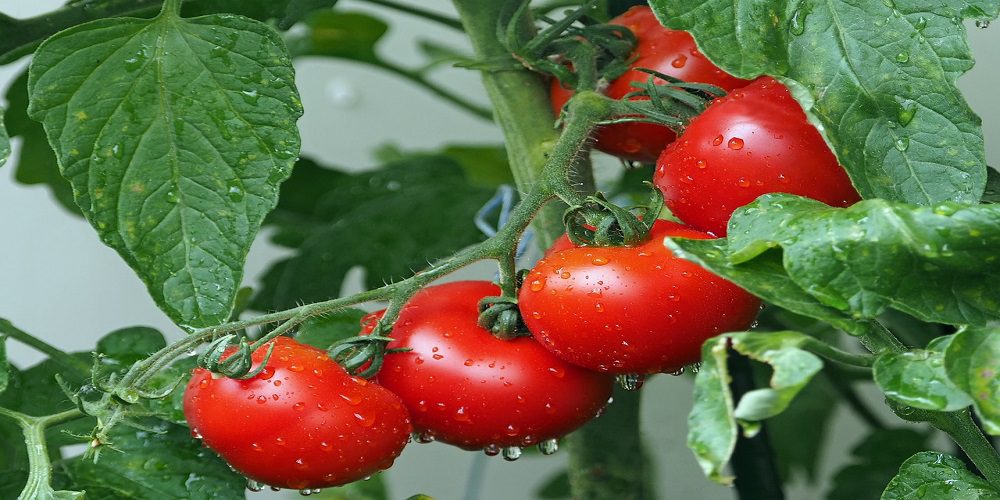Welcome to the world of rain—nature’s very own superpower! It cascades from the heavens, breathing life into every inch of our planet and nurturing an array of vibrant ecosystems. But have you ever stopped to ponder how this magical phenomenon fuels our farms and sustains those lush green plants? In today’s blog post, we’ll dive deep into the power of water from above, exploring how rain is not just a mere drizzle but an essential element that holds the key to bountiful harvests and flourishing agriculture.
Introduction: The Importance of Rain
Water is essential for all life on Earth, and that includes the plants that we rely on for food. While irrigation can help keep plants alive in times of drought, rain is really the best source of water for crops. Here’s why:
1. Rainwater is free.
2. Rainwater is naturally pure and contains no salt or other minerals that can build up in the soil and harm plants.
3. Rainwater soaks deeply into the ground, which helps to encourage deep root growth. This is important because deep roots make plants more resistant to drought and allow them to access more nutrients from the soil.
4. Rainwater also helps to cool the ground, which is important in hot climates where plants can suffer from heat stress.
5. Rainwater is a renewable resource, unlike groundwater, which is slowly being depleted by human use.
How does rain help plants?
Water is essential for plant growth, and rain is one of the best sources of water for plants. Rainwater is relatively pure and free of minerals and other contaminants that can be found in ground water or tap water. In addition, rainwater is a great source of nitrogen, which is an important nutrient for plants.
When rain falls on the leaves of plants, it washes away dust and dirt that can block sunlight and impede photosynthesis. In addition, rainwater helps to distribute nutrients throughout the plant, which can promote healthier growth.
Rain also helps to moderate temperatures in the root zone of plants, which can improve plant growth. When the roots are cooled by rainwater, they are less likely to experience stress from extreme heat or cold. This can help plants better withstand drought conditions.
Rain plays an important role in supporting healthy plant growth. By providing a source of clean water and essential nutrients, rain helps plants thrive.
Benefits of Rain for Agriculture and Farming
Though it may seem like a given, rain is essential for agriculture and farming. Not only does rain provide the water that crops and plants need to grow, but it also helps to replenish the water table and keep soil from becoming too dry and dusty. In addition, rain can help to leach out nutrients that have become locked in the soil, making them available to plants.
Heavy rains can sometimes cause problems for farmers, such as flooding or erosion, but on the whole, rain is a vital part of keeping farms and agricultural land healthy. Without enough rainfall, crops will wilt and eventually die, and dust storms can render farmland unusable. A good soak from above is necessary for strong and healthy plants, which in turn support thriving farms.
Challenges that Come with Excess Rainfall
Excess rainfall can lead to a number of problems for farmers and gardeners alike. One of the most common problems is runoff. Runoff is when water from rainfall runs off of the land and into waterways, carrying with it any pollutants or sediments that are on the ground. This can cause water pollution and sedimentation, which can damage aquatic ecosystems.
Another problem that can occur with excess rainfall is flooding. Flooding can damage crops, homes, and infrastructure. It can also lead to soil erosion, which can cause problems for farming in the future. Flooding can also create an ideal environment for invasive species to take hold.
Too much rain can also leach nutrients out of the soil. This can make it harder for plants to grow and thrive. It can also lead to lower crop yields.
While excess rainfall can certainly cause some challenges, there are also some potential benefits. For example, rainwater can be collected and used for irrigation or other purposes. And, in some cases, extra rain may actually help crops grow better by providing them with additional moisture.
Strategies to Combat the Negative Effects of Rain
There are a few strategies that farmers can use to combat the negative effects of rain on their crops. One strategy is to plant crops that are more tolerant of wet conditions. Another strategy is to use irrigation systems to keep the roots of plants dry. Farmers can also use drainage systems to remove excess water from the root zone.
Conclusion
Rain is one of the most valuable resources in nature, and it has many different benefits for both plants and humans. Not only does rain provide water that helps support healthy plant growth, but it also brings essential nutrients to the soil that help farms thrive. Additionally, rainfall can reduce air pollution and heat levels while simultaneously reducing drought conditions in some areas. We must be mindful of how we use our natural resources, like water, from above so that future generations can benefit from their gifts as well.





























